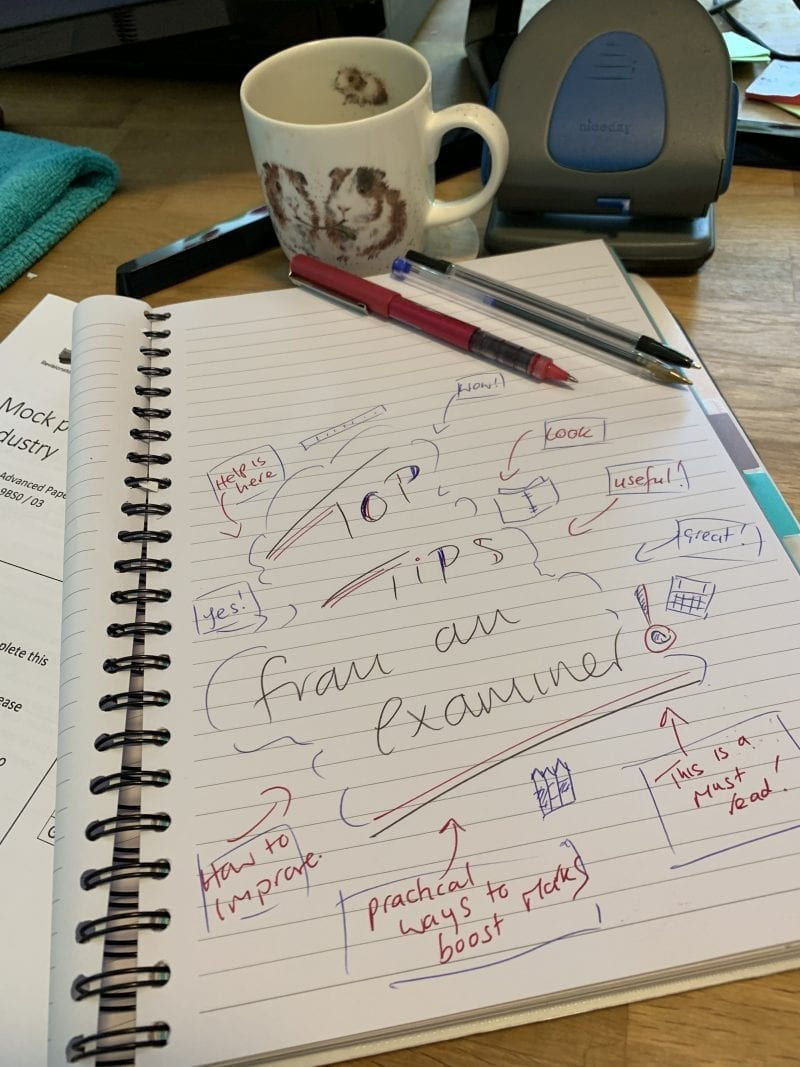I have just signed for another year as a business examiner and I am also currently marking a large batch of mock exams from the school I teach at. At this time of year I get students in upper sixth asking what are the top 5 best tips of all to boost marks. So here they are:

1. Talk about costs
Talk about costs. Look at the question, how does the factor in the question impact the costs of a business? For example, “economies of scale to keep costs down, this means a reduction in average costs. If a business can lower its costs, then it can be more competitive. This is because they can choose to pass the savings on to consumers thus stimulating demand. Alternatively, they can choose to keep the additional profits, making the business more profitable.”
Costs are so important, if you are not discussing them somewhere in your essay then you might not be gaining as many marks as you could. If it helps, imagine you work for the case business and have been asked to produce a report. You need to see factors through their eyes.
2. Read the question twice
I lose track of the number of questions that I mark where the student answered the question that they wanted to come up with and not the one on the page. Read it twice. Engineers say measure twice cut once. Business students, read twice, write once. It’s all good advice. A question where you have NAQ or have not answered the question could score 0. Read twice, and really good practice is to read the question again every time you start a new paragraph or section.
3.Vocab – show off a little
So you made a glossary, you did vocab tests, you made cue cards and then you used vague terms in your exam. As an examiner I am not keen on expressions such as “they made a lot of money” or “they could make huge profits”. This is all so vague. Why not try; the business was very efficient, and this enabled them to keep their costs down and become more profitable. This shows off three words that you have learnt, you just need to be brave enough to use them.
4. Link the theory
I also get to mark lots of answers where the student discusses the case study, they discuss the business and the term in the question, but they fail to show off that they learnt the theory. Favourites for this are questions on Ansoff’s, Company Culture, Boston Box and Product Lifecycle. You learnt it, you know it, now you have to tell me that you know it, I cannot guess. This seems obvious but link to the theory, get it in there somewhere.
5. Manage your exam time
I looked this up on the Internet to see if there was anything new out there regarding advice on exam techniques for those that write too much or run out of time. There isn’t anything new. So chances are your teacher has already been through this with you. But here it is; start with the longer questions first. Read the questions THEN read the case study and at that point highlight the phrases you will use as your quotes and then make a quick doodle plan, maybe show pros and cons. This means you can dive straight in, if you read first then you will read twice. The first time it doesn’t go in. So that’s where your time is. Try it, it is hard and it will feel really difficult at first (like writing with your other hand) because it’s not what you have done in the past.
I hope that was helpful
Sarah Hilton

Comments